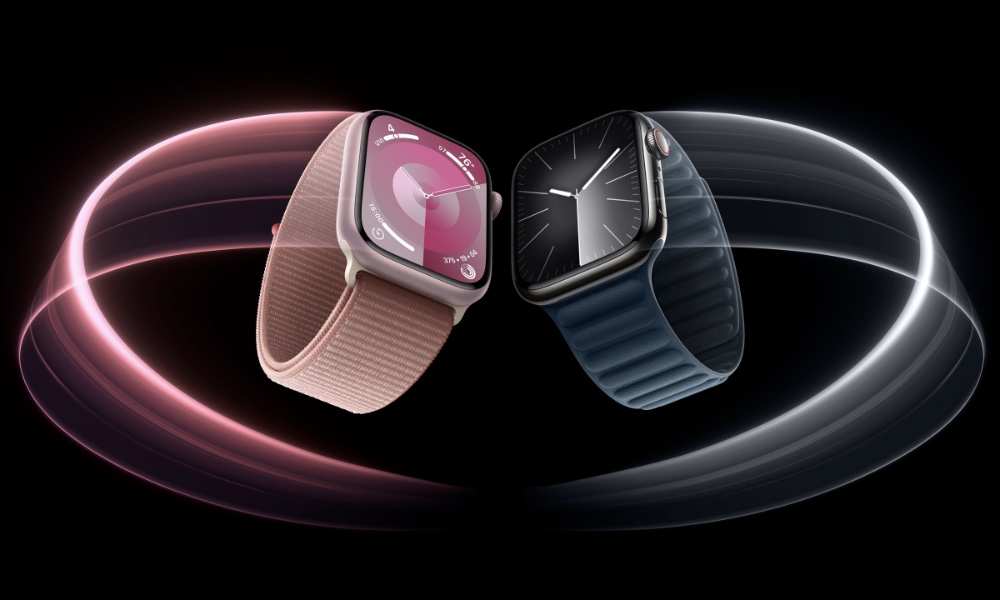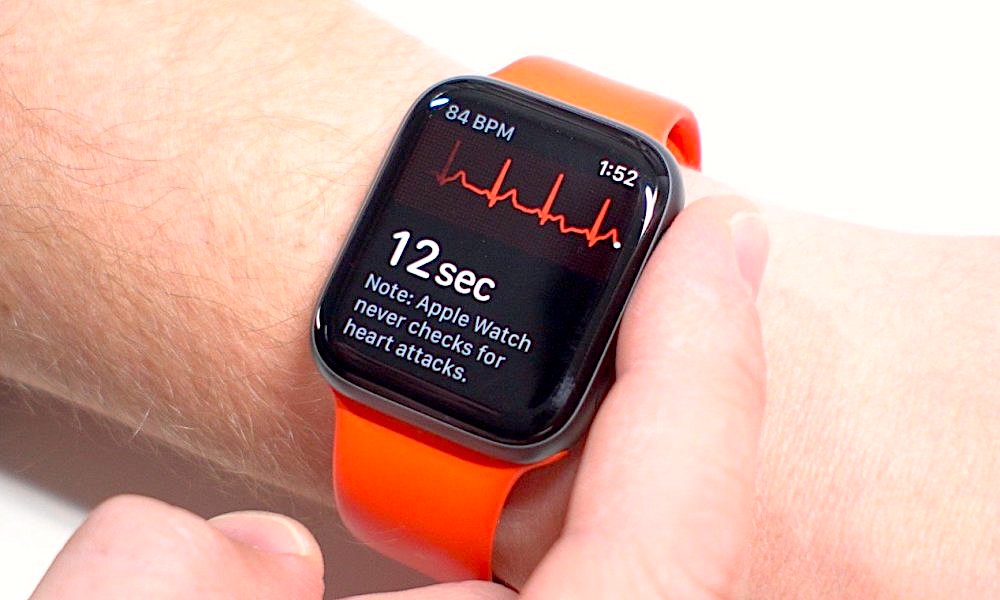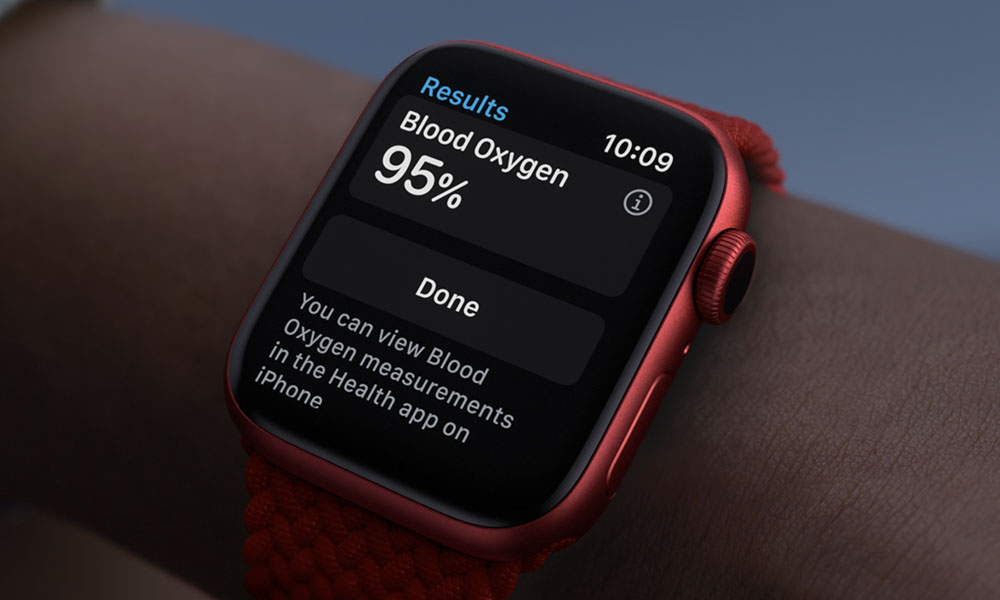Apple Won’t Be Selling the Apple Watch This Christmas

Toggle Dark Mode
A sales ban on the Apple Watch that was ordered earlier this year will effectively come into force by the end of this week, resulting in the Apple Watch Series 9 and Apple Watch Ultra 2 no longer being available for purchase in the United States.
The ban was ordered by the US International Trade Commission (ITC) in October after the Commission ruled that the blood oxygen sensor technology used in the latest Apple Watch models infringes on the patents of health technology company Masimo.
While many have been hoping for a “Hail Mary” on the ban, since US President Joe Biden has until December 25 to veto the ruling, it would be extremely unusual for a President to intervene in a situation such as this — it’s only happened four times in the history of the ITC.
The last time a President vetoed an ITC order was in 2013 when the Obama administration overturned a ruling that would have banned the import and sale of most iPhone and iPad models in the US as a result of a patent claim by Samsung. Since the patents in question were considered “standards-essential” patents related to core wireless technologies, the executive branch at the time decided that the exclusion order would give companies “undue leverage” in negotiating patent licensing arrangements.
However, that’s a far cry from a patent concerning a health feature like blood oxygen monitoring, and it’s not the first time Apple has faced an issue like this. A similar situation occurred earlier this year from another company, AliveCor, which accused Apple of infringing on its patents in ECG technology used in the Apple Watch. While that case is still ongoing, Biden has already declined to veto any potential ban that could go into effect if Apple loses its appeals.
Hence, Apple presumably recognizes that there’s little hope of a Presidential reprieve, so it’s taking preemptive action to comply with the upcoming ban by voluntarily removing the Apple Watch Series 9 and Apple Watch Ultra 2 from sale at all Apple Stores in the United States.
The news comes from a statement Apple issued to 9to5Mac, which indicates that the two Apple Watch models will no longer be available to order from Apple’s website after 3 p.m. ET on Thursday, December 21. Apple retail locations will continue selling any in-store inventory until December 24.
A Presidential Review Period is in progress regarding an order from the U.S. International Trade Commission on a technical intellectual property dispute pertaining to Apple Watch devices containing the Blood Oxygen feature. While the review period will not end until December 25, Apple is preemptively taking steps to comply should the ruling stand. This includes pausing sales of the Apple Watch Series 9 and Apple Watch Ultra 2 from Apple.com starting December 21, and from Apple retail locations after December 24.
Apple
Since this decision is being made by Apple, it only affects Apple’s own retail operations for now. Other retailers can continue selling the Apple Watch, even online, at least until December 25. However, since this is an import ban and not a sales ban, third-party retailers will likely be able to continue selling any available inventory until it’s depleted.
The current legal battle between the two companies goes back to early 2020, when Masimo filed a lawsuit claiming that Apple had not only infringed on its patents but had actually stolen the company’s technology through “a targeted effort” to steal its trade secrets and poach key employees from Masimo to work on the Apple Watch, thereby giving Apple access to its patented technology.
However, the issues between the two companies go back to a time before the first Apple Watch was even announced. Apple hired away Masimo’s Chief Medical Officer, Michael O’Reilly, in 2013, which was followed a year later with a similar move by Marcelo Lamego, the Chief Technical Officer of its Cercacor subsidiary, which develops the pulse oximetry technology used for blood oxygen sensors.
It’s this technology that’s been at the center of the dispute, with Masimo claiming that O’Reilly and Lamego were “privy to extremely sensitive information” and had “unfettered access” to technical details of Massimo’s trade secrets that suddenly began showing up in patent applications shortly after both executives joined Apple. However, neither are named in Massimo’s lawsuit, which focuses entirely on Apple’s alleged malfeasance.
This is also likely why Masimo didn’t file its lawsuit until shortly before the Apple Watch Series 6 debuted with its new blood oxygen sensor. Before this, the dispute was simply one of intellectual property, but once a product arrived containing what Massimo believed was its technology, it was time for the gloves to come off.
In mid-2021, Massimo filed a separate case with the ITC, specifically targeting the infringing Apple Watch Series 6 and seeking an import ban; all subsequent models that include blood oxygen sensors are included by extension.
However, Apple no longer manufactures or sells any older Apple Watch models, so an import ban on the Series 6, Series 7, Series 8, or original Apple Watch Ultra would be irrelevant. The Apple Watch SE is not included in the ban as it doesn’t incorporate a blood oxygen sensor, so it remains available.
Note that this is simply a ban on importing the infringing products for sale, so it has no effect on existing Apple Watch models that have already been sold, nor even on your ability to have them serviced under warranty — as long as they were purchased before December 25. It also only affects the import and sale of the Apple Watch in the US; both models will remain on sale in other countries, such as Canada.
Meanwhile, Apple has petitioned the Biden administration to step in and veto the ruling and is also preparing an appeal that will undoubtedly be filed on December 26, as soon as the required 60-day Presidential review period concludes. While an appeal won’t automatically reverse the ban, Apple will undoubtedly include a request to stay the order during the process, similar to what’s been done in the AliveCor case, which is also still looming over Apple’s head.
Nevertheless, until we hear otherwise, it’s safe to assume that if you want an Apple Watch Series 9 or Apple Watch Ultra 2 under the tree this year, you’d better hurry up and get your order in before December 21.








